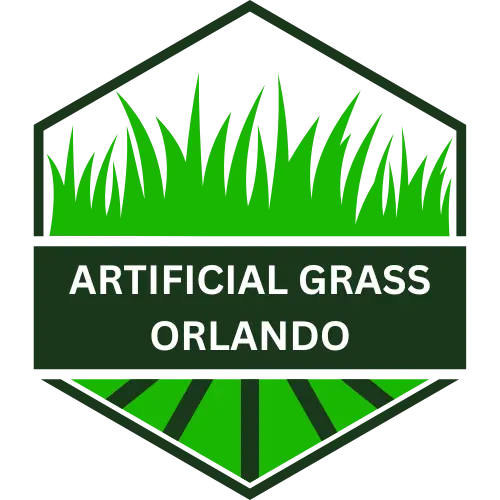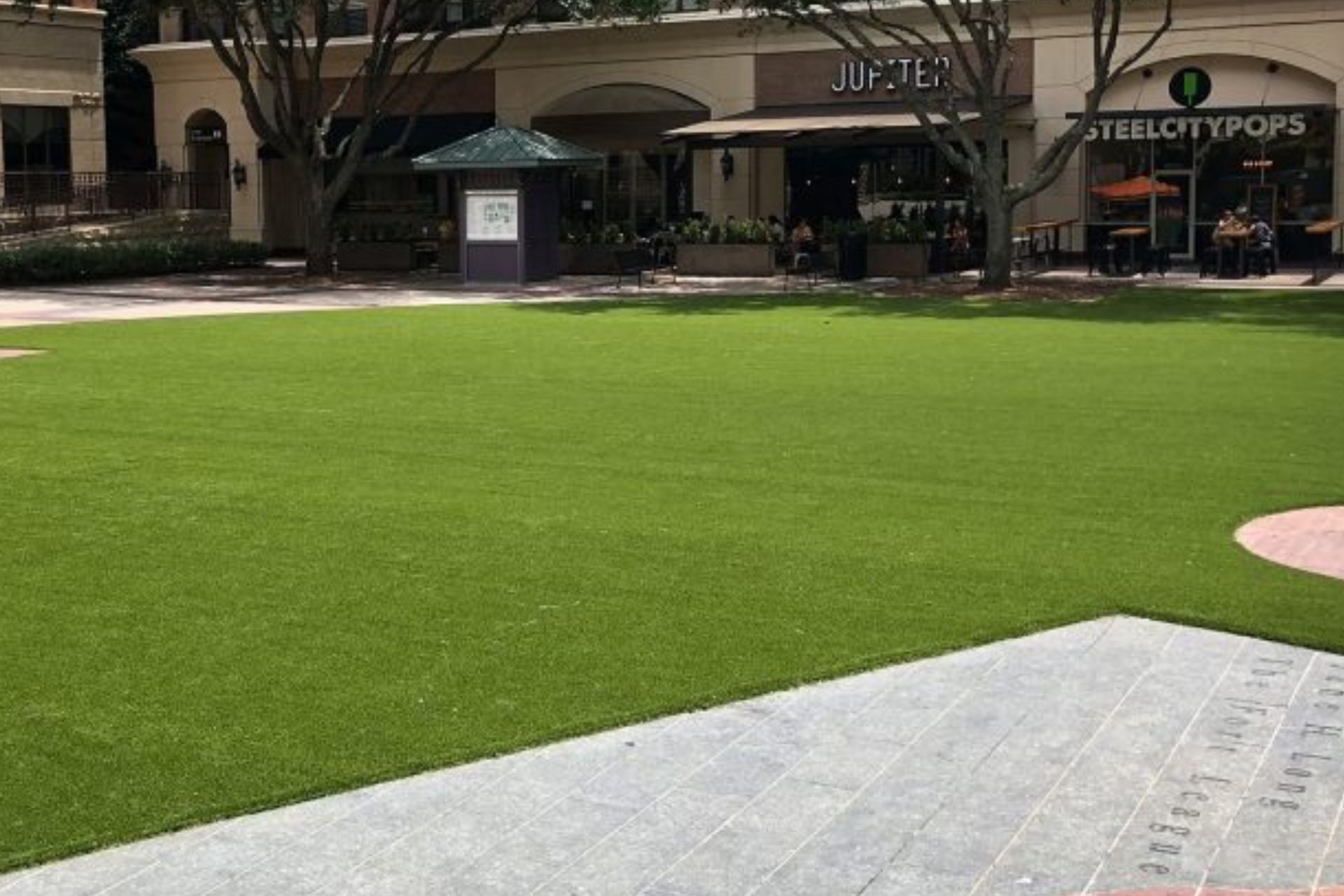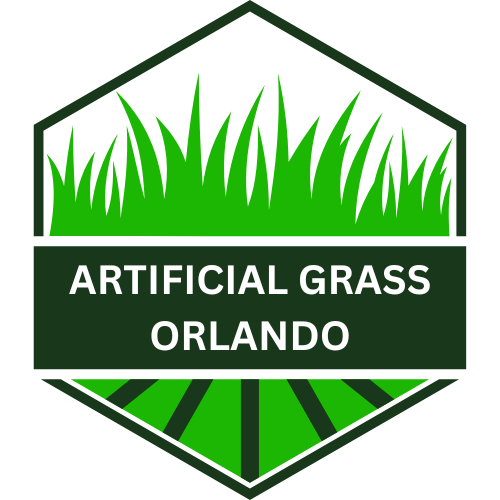Choosing between artificial grass and natural grass for your home can be a tough decision. Both have their own unique benefits and drawbacks. Artificial Grass Orlando provides insights to help you dive into the details and decide which option is best suited for your yard.
Generally speaking, artificial grass is ideal for those seeking low maintenance and year-round green appearance, while natural grass is perfect for those who value its natural beauty and environmental benefits. Your choice depends on your priorities, whether it’s ease of upkeep or the authentic feel of nature.
Dive into the top 4 benefits of installing artificial grass in your backyard with insights from Artificial Grass Orlando, and discover why it might be the perfect fit for you.
1. Quick Comparison: Artificial Grass vs. Natural Grass
Before we dig deeper, let’s do a quick comparison:
- Artificial Grass:
- Pros: Low maintenance, durable, green all year, water-saving, pest-resistant.
- Cons: High initial cost, heat retention, environmental concerns, potential odors, less natural feel.
- Natural Grass:
- Pros: Natural beauty, environmental benefits, cooling effect, supports biodiversity, great for recreation.
- Cons: High maintenance, high water usage, pest susceptibility, seasonal changes, erosion risk.
2. Pros and Cons of Artificial Grass
Advantages
Artificial grass is designed to make your life easier. Imagine not having to mow the lawn every weekend or worrying about watering during a drought. Artificial grass stays green and pristine all year long without much effort. It’s also tough and can withstand heavy foot traffic, making it perfect for families with kids and pets. Plus, it saves water, which is a big plus if you live in an area with water restrictions.
Disadvantages
However, artificial grass isn’t without its downsides. The upfront cost can be significant. It can also get quite hot in direct sunlight, making it uncomfortable to walk on. There are environmental concerns as well, given it’s made from plastic and may involve chemicals. Over time, it can develop odors if not maintained properly. Lastly, it doesn’t have the same natural feel as real grass.
3. Pros and Cons of Natural Grass
Advantages
There’s something special about the look and feel of natural grass. It provides a lush, vibrant aesthetic that’s hard to replicate. Natural grass also offers several environmental benefits, such as purifying the air, sequestering carbon, and supporting local biodiversity. It keeps your yard cool, which is perfect for hot summer days. Plus, it’s great for recreational activities, giving you a soft, comfortable surface for playing sports or lounging.
Disadvantages
But natural grass comes with its own set of challenges. Maintaining it can be a time-consuming and costly endeavor. It requires regular mowing, watering, and fertilizing. Water usage is a significant concern, especially in dry regions. Natural grass is also vulnerable to pests and diseases, and it can turn brown and patchy during certain seasons. Soil erosion and muddy patches can also be an issue.
4. Cost Analysis
Upfront Costs
When considering the costs, artificial grass has a higher initial installation expense. This includes the cost of the material and the labor to install it. Natural grass, on the other hand, requires investment in seeding or sod and soil preparation, but it generally has a lower upfront cost compared to artificial grass.
Long-term Costs
Over the long term, artificial grass
FAQ
1. How long does artificial grass last?
Artificial grass typically lasts between 15 to 20 years, depending on the quality of the product and how well it is maintained. Regular cleaning and occasional repairs can help extend its lifespan.
2. Can pets use artificial grass?
Yes, pets can use artificial grass. It is durable enough to withstand their play and can be cleaned easily if they have accidents. Many types of artificial grass are designed with pets in mind, ensuring they are safe and comfortable.
3. Is artificial grass environmentally friendly?
Artificial grass has both positive and negative environmental impacts. While it conserves water and eliminates the need for pesticides, it is made from plastic and can contribute to landfill waste when disposed of. Choosing high-quality, recyclable artificial grass can mitigate some of these concerns.
4. Does natural grass improve air quality?
Yes, natural grass helps improve air quality by absorbing carbon dioxide and releasing oxygen. It also traps dust, dirt, and other pollutants, contributing to a healthier environment around your home.
5. How can I prevent weeds in my natural grass lawn?
To prevent weeds in natural grass, regular maintenance is key. This includes mowing at the correct height, fertilizing appropriately, and using pre-emergent herbicides. Ensuring your lawn is healthy and dense can also help crowd out weeds naturally.
6. What are the maintenance requirements for artificial grass during winter?
Artificial grass requires minimal maintenance during winter. You may need to remove debris, like leaves and twigs, to keep it clean. In snowy conditions, brushing off the snow with a broom is usually sufficient. Unlike natural grass, it doesn’t go dormant or require special winter care.
7. Can artificial grass be installed over existing natural grass?
No, artificial grass should not be installed directly over natural grass. The existing grass needs to be removed, and the ground must be properly prepared to ensure good drainage and a smooth surface. This usually involves adding a layer of crushed stone or sand before laying the artificial grass.
8. How do I choose the right type of grass for my home?
Choosing the right type of grass for your home depends on various factors, including your climate, how much sunlight your yard receives, and your personal preferences for maintenance and appearance. If you prefer low maintenance, artificial grass might be best. If you love the natural feel and environmental benefits, natural grass could be the better choice.


